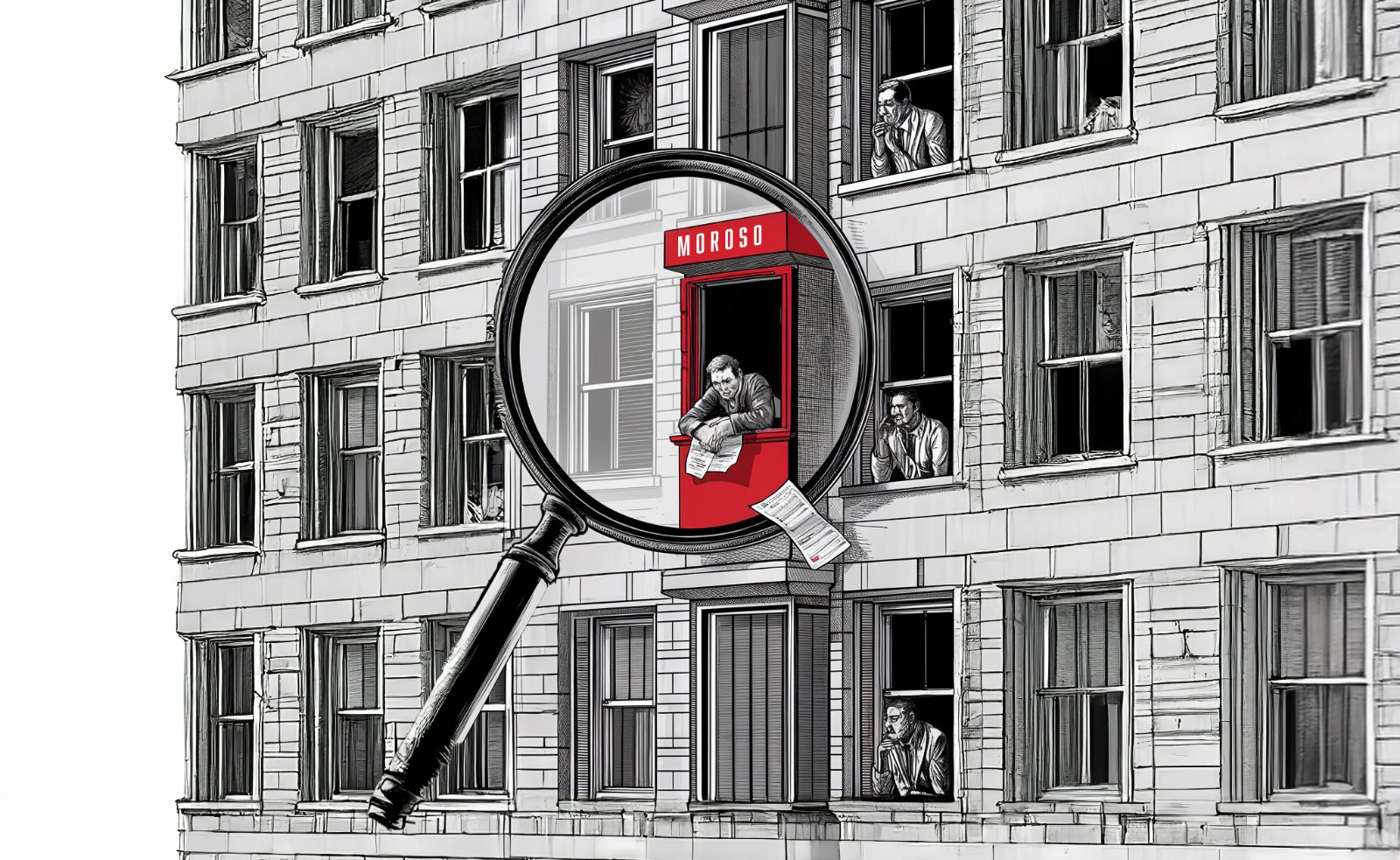
The board of owners of a condominium will no longer only be able to take the debt of delinquent neighbors to court, but will also be able to request the registration of said concept as a burden for non-payment by the owner in the property registry record.
Recently the Ministry of Housing, Construction and Sanitation (MVCS) The draft regulation of Legislative Decree 1568 on the Horizontal Property Regime was published, with the aim of improving coexistence between owners of buildings, galleries and other real estate units. The document passed the stage of receiving comments and could soon become a reality, although there are still aspects to be fine-tuned in the regulation.
The draft regulation, which comes 444 days after the law was published, establishes several conditions that also reinforce the scope of the previous Law No. 27157, the law on the regularization of buildings.
Among them, there is the possibility that owners of real estate units that are not registered as independent will have to convene themselves, to grant the internal regulations for independencealthough it does not imply automatic registration of the titles.
It also promotes the neighborhood participation Therefore, from now on, the owners will be jointly liable for damages caused by arbitrary or illegal decisions of the board.
However, in the case of delinquent neighbors, several disincentive mechanisms are proposed, including the registration in public records of a charge for non-payment by the owner, subject to prior approval by the board of owners with 50% of the attendees with the right to vote in the building.
No more late payers
Dulmer Malca, director of the Real Estate area of Valderrama Abogados, explains that the delinquent owner would be affected when you want to transfer your property to third parties, either for rent or sale, although this would not necessarily frustrate the operation.
“The buyer will have to diligently ask for the lien to be lifted and the debt to be paid, although the latter is more strict. It will be a greater disincentive to sell because one wants an apartment without debt,” he added.
But another of the angular disincentives of the new regulation is the creation of a Registry of Debtors of Maintenance Fees (REDE)a kind of Infocorp of all the defaulters in Peru, which will then be taken to the SBS risk center.
Valderrama Abogados’ real estate lawyer, Luis Cabrera, also explains that, in practice, defaulters will have more problems when it comes to obtaining credit from the financial system, in addition to other operations that involve the risk of non-payment.
And the mechanism is associated with the previous one: The debt is not inherited by the new buyerbut it does not mean that the record is clean either: the board continues to charge the “former neighbor” and does not leave the REDE until he pays.
“This information will be publicly accessible and will appear in the new reports that are generated, without violating any rights. These quotas that can be reported include ordinary and extraordinary ones,” he adds.
Each neighbor pays according to the area they have acquired, there is no ‘flat’
● Although the debt is not inherited, Valderrama Abogados states that, for reasons of diligence, the Board of Owners could argue that, since the charge was registered, “the new buyer knew the situation of the debt that existed”, therefore, for the board “it would be required of the new owner to assume said debt”.
● A procedure is also established for owners to request approval from the board for works in buildings, with a response within 15 working days. Otherwise, positive silence and the process proceeds.
● Quota criteria are maintained based on the area acquired (participation percentage). ‘Flat’ or flat rate? Only by agreement.
Source: Larepublica
Alia is a professional author and journalist, working at 247 news agency. She writes on various topics from economy news to general interest pieces, providing readers with relevant and informative content. With years of experience, she brings a unique perspective and in-depth analysis to her work.











